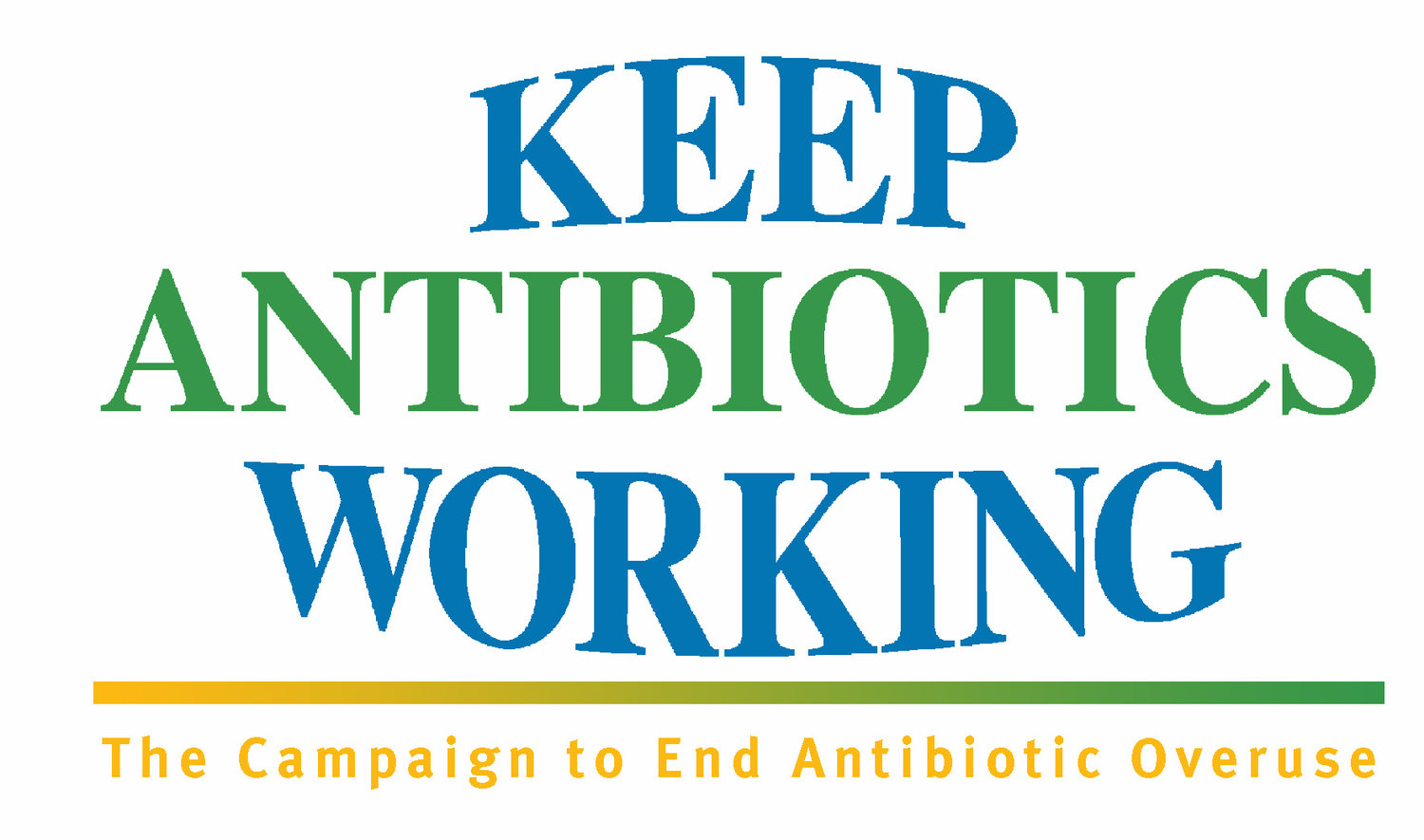STEVE ROACH and madeleine kleven, SAFE AND HEALTHY FOOD team, FOOD ANIMAL CONCERNS TRUST
Check out FACT’s latest video about antibiotic resistance and the policy changes necessary to slow the spread of deadly antibiotic-resistant germs.
Did you know that over 2.8 million people in the U.S. get an infection that is resistant to one or more antibiotics each year? When someone gets an antibiotic-resistant infection, they are less likely to respond to the typical treatment options, leading to a greater risk of hospitalization and a greater risk of death. In fact, more than 35,000 people die each year in the U.S. alone. Unfortunately, these numbers are on the rise. But with the right policy changes and goal setting, we can reverse this trend and preserve our antibiotics for the future.
Here are two of the major policy changes that FACT and our partners in the Keep Antibiotics Working coalition are advocating for:
A national target for reducing the overall use of antibiotics in giant animal feeding operations.
Precious antibiotics used for keeping people and animals healthy are heavily overused in industrial animal agriculture, often to compensate for unhygienic living conditions and poor animal welfare. This overuse drives the development and spread of germs that are resistant to antibiotics. These germs easily spread to the human food supply through contaminated meat and/or the environment, where they make people sick. A national target for reducing this excessive antibiotic overuse will drive industry-wide change and hold industrial livestock operations responsible for the health of their animals.
2. Only using antibiotics when animals are sick.
Food and Drug Administration (FDA) regulations currently allow antibiotics to be given to animals preventatively without clinical illness or injury. This overuse of antibiotics drives the spread of resistance and allows large-scale feeding operations to maintain poor animal living conditions.
Please share our video on social media and with friends and family and help us advocate for a healthier future for animals and people.
